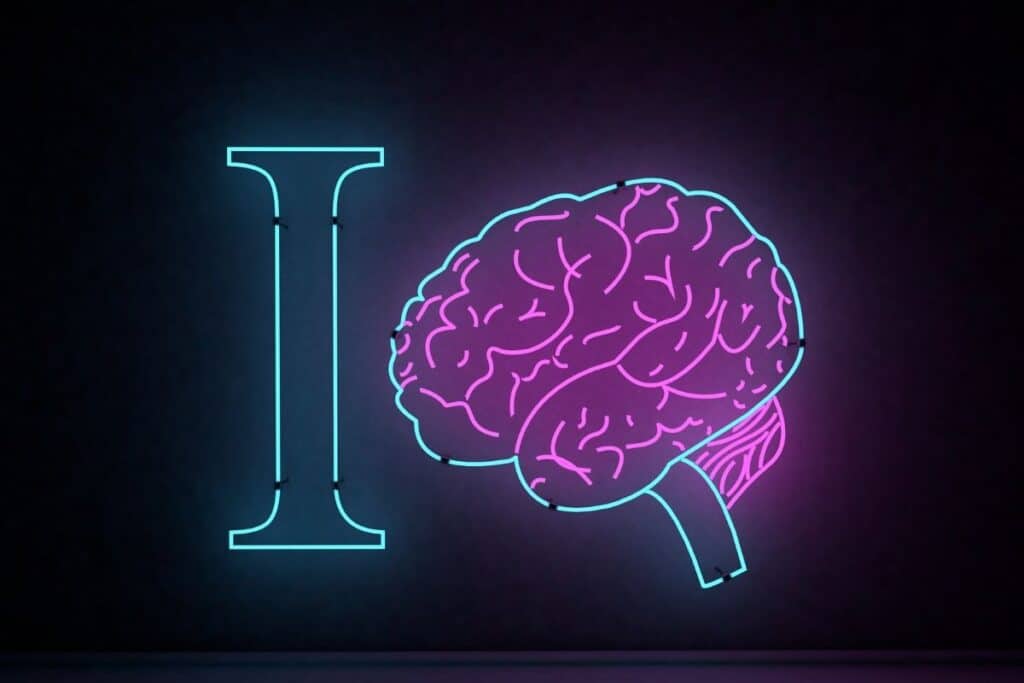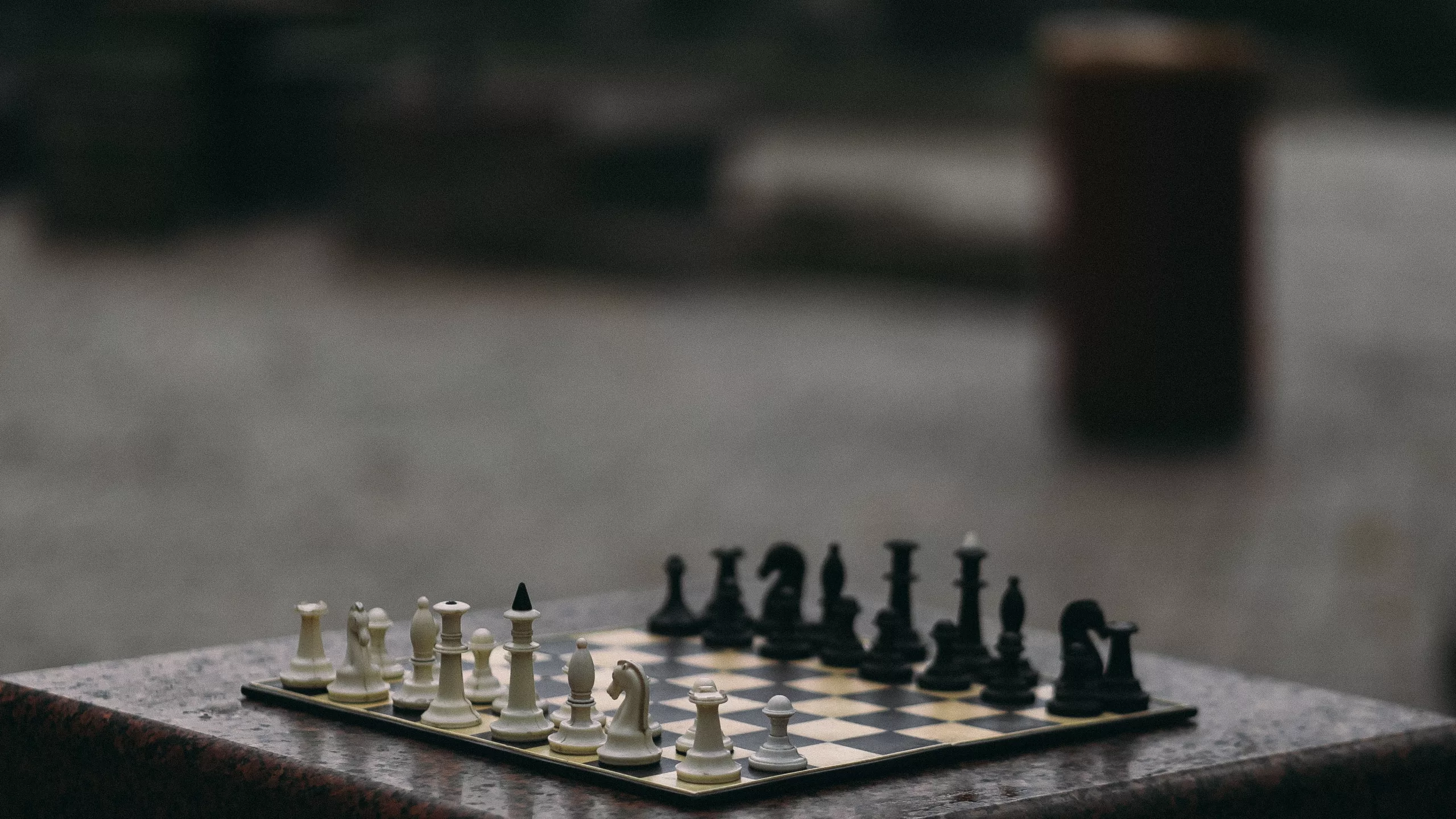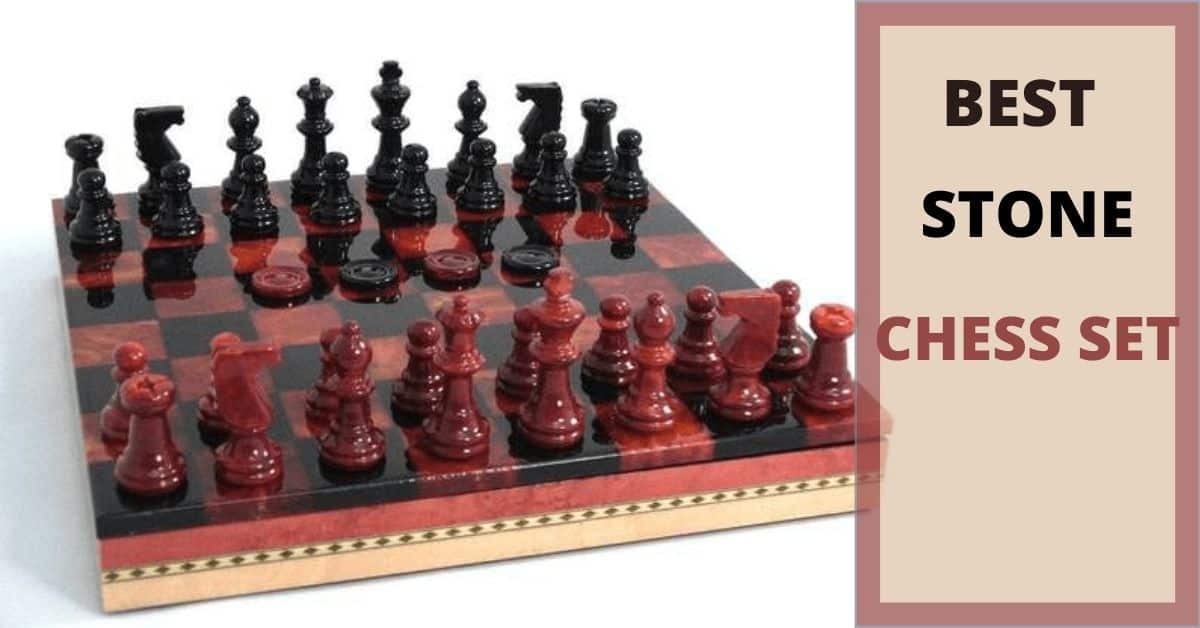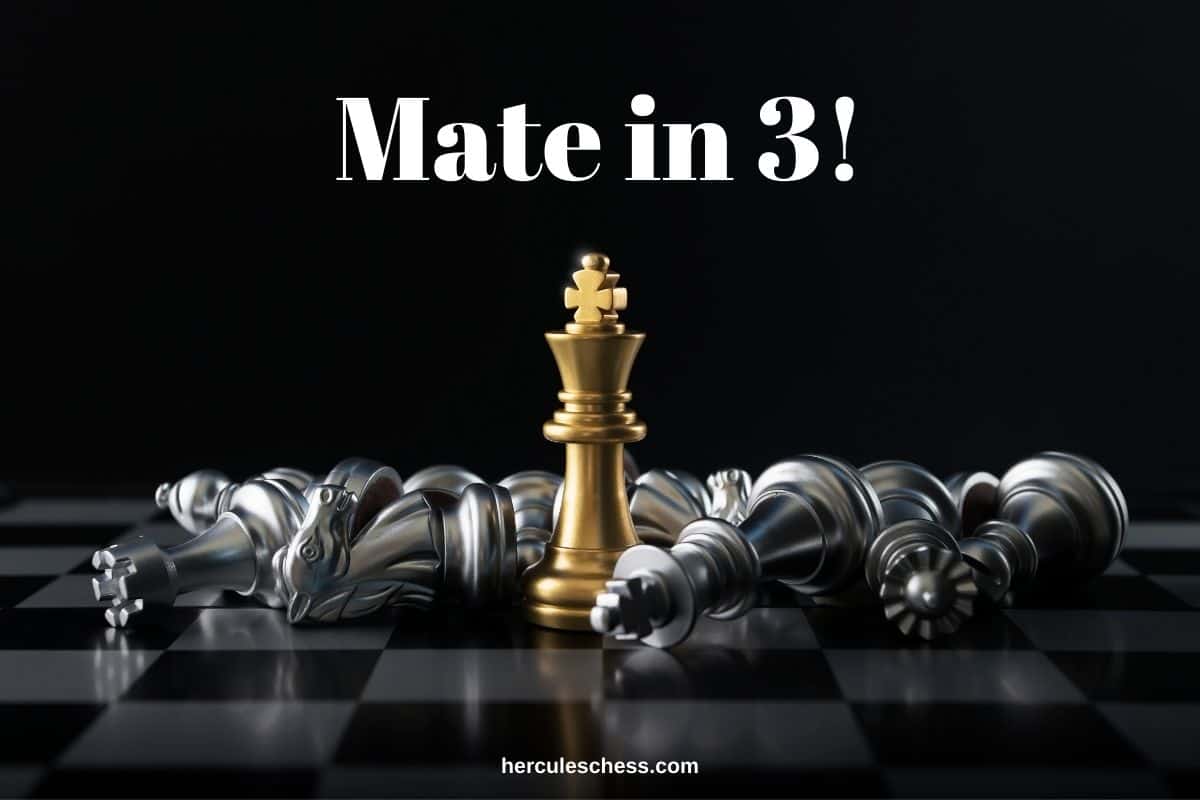Many people wonder whether or not there is a relationship between your level of chess skills and intelligence. Well the fact is that many grandmasters and even ordinary chess players tend to exhibit superior cognitive abilities compared to non-chess players. This leads us to the question, do chess players have high IQs?
Many chess players of all different levels do have high IQs of over 100 score. Some of our greatest chess players in history for example Garry Kasparov and Magnus Carlsen have IQs well over 140 score. This is a a lot considering that 100 is the average IQ.
Here is a table showing some of the top chess players in the world with a high IQ above ordinary:
| CHESS PLAYERS | IQ SCORE |
| Garry Kasparov | 190 |
| Magnus Carlsen | 190 |
| Bobby Fischer | 187 |
| Judit Polgar | 170 |
| Robert Bryne | 170 |
| Nigel Short | 130-140 |
Related post: Are chess players good at math?
Which chess player has the highest IQ?
If you guessed Magnus Carlsen as the chess player with the highest IQ score, then you are correct. This brilliant chess player reportedly has an IQ score of 190. This is well above the ordinary score and is considered genius level.
But what about Garry Kasparov you might ask? Although many sources estimate Garry Kasparov IQ between 180-190, he actually scored 135 on an IQ test he did in 1987-88, according to a series of tests designed to test his memory, abstract reasoning and spatial ability.
When it comes to Garry Kasparov’s IQ, it’s clear he was a very gifted man, but he doesn’t hold the record for the highest IQ to date.
Magnus Carlsen is the youngest chess player to rank number one in the world and is arguably the greatest chess player of all time. He is also known for his superb talent in blindfold chess. He can memorize up to 10 different board positions and is known to have won 10 blindfold exhibition matches simultaneously. You can watch that video below.
Is chess skills linked to intelligence?
Bobby Fischer, a chess player and public figure noteworthy enough to have a Wikipedia page the size of a short story. At the the age of 14 he became the youngest player to win the US Chess Championship and just a year later became the youngest international grandmaster.
This along with his numerous other accomplishments distinguishes him as arguably the greatest chess player to have ever lived.
But what makes Fischer different from other people like you and me? Is he just naturally more intelligent than us? or could we be just like him with enough practice?
Well to answer that question we need to understand what exactly intelligence is. Intelligence is not just one thing but a compilation of many components. In chess for instance, these components may include things like:
- Fluid reasoning: ability to solve new problems and identify patterns
- Comprehension knowledge: covers the knowledge you’ve learned overtime( e.g rules for games or vocabulary)
- Short term memory: as the name suggests refers to how much information you can hold over a short space of time (say 10 or so seconds)
- Processing speeds: Refers to how quickly you can handle information. think of it has how fast your mental computer runs.
Now these are not all the various categories psychologist may use to describe a person’s intelligence but it’s a good start.
The IQ Test
The next step is performing tests to evaluate these traits. Fluid reasoning might be tested by a series of puzzles based on patterns. Here is an example below. See if you can solve it.
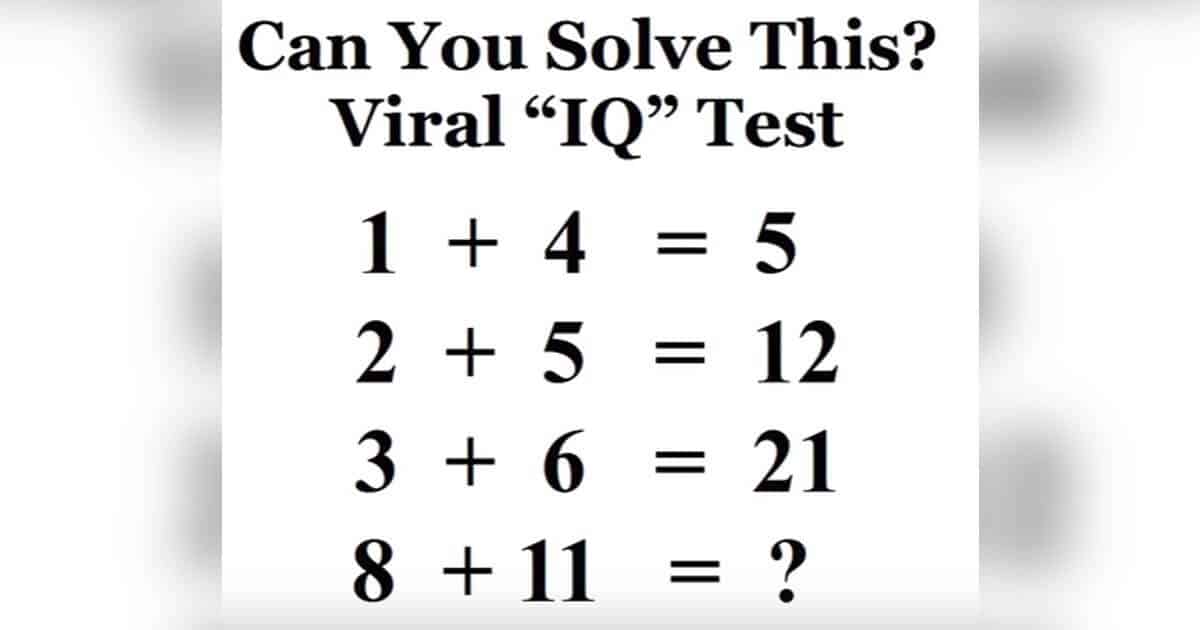
Comprehension knowledge on the other hand might be measured through something more straightforward like a vocabulary test.
To determine the size of someone’s short term memory, you might just give them a random string of letters and see how many they can remember immediately afterwards. Start with a fewer first and repeat with more and more letters until they can’t get them all right.
Most people can handle about 7.
Lastly, to determine someone’s processing speed, you could test how long they take in a series of rapid challenges like flashing arrows and asking them to pick which way it’s pointing as quickly as they can.
Is there a correlation?
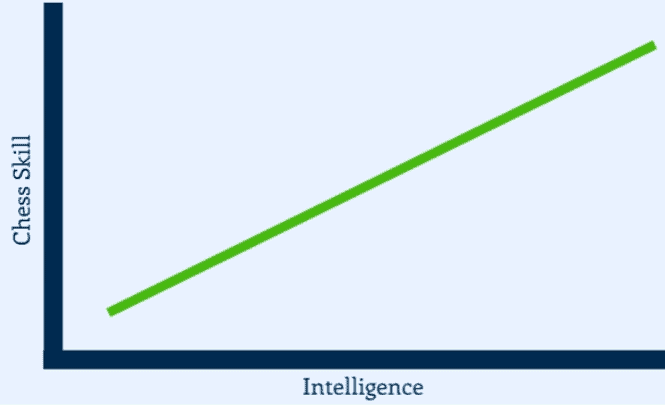
Over the past 50 or so years, psychologists have mentioned these aspects of intelligence and seeing how they relate to things like work performance, athleticism, music ability and of course chess skills.
In the case of chess in particular, there’s also been pretty mixed. Some studies have shown a strong positive correlation indicating that intelligence is a good predictor of chess skills, while other studies have shown weaker or even no correlation.
So with paper after paper after paper being published on this issue, how do we make sense of it all?
Well in May of 2016, A team of researches based in Michigan State University answered this very question through a meta-analysis. What this means is they shifted through all the studies related to chess and intelligence they could find (some 2200 of them) and then they filtered out the ones that weren’t relevant or didn’t meet the quality control measures taken by the team.
After filtering down to about 19 studies on a total of 1,800 people, the researchers standardized and combined them into one giant analysis.
Their findings across the board when it came to fluid reasoning, comprehension knowledge, short-term memory and processing speed, Intelligence was strongly associated with chess skills.
Of course this trend is just that a trend and factors like practice and preparation do make you play better. Even then, it seems chess players at the level of people like Bobby Fischer are just naturally more intelligent than the general public regardless of how much you practice.
So unfortunately when it comes to chess, it looks like the phrase “practice makes perfect” isn’t the whole story.
